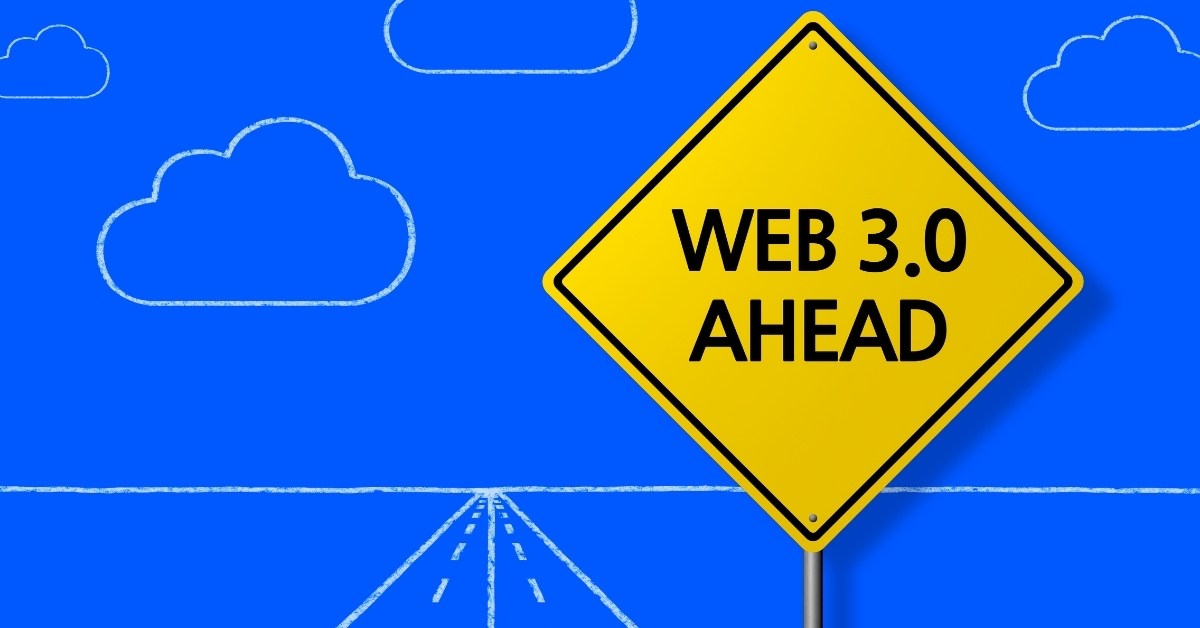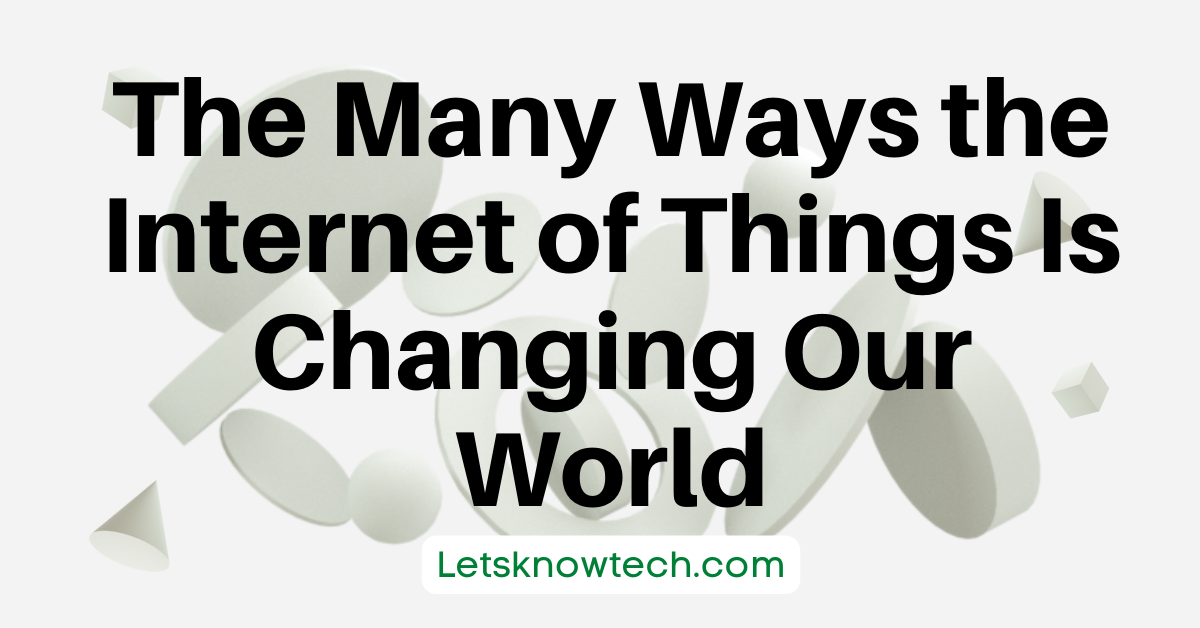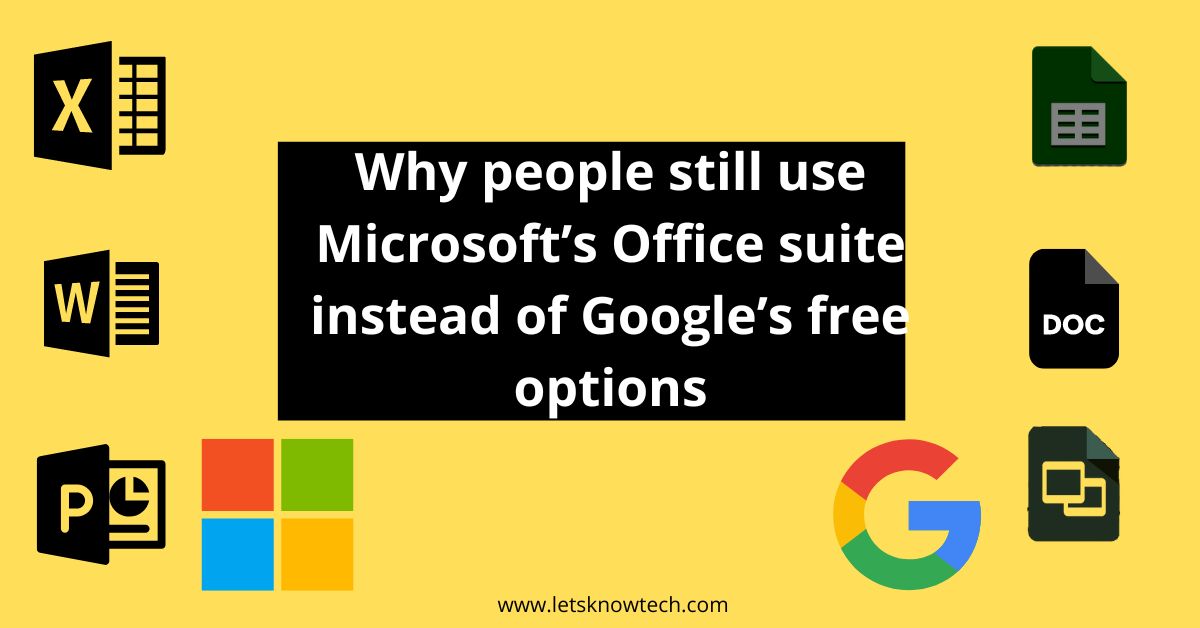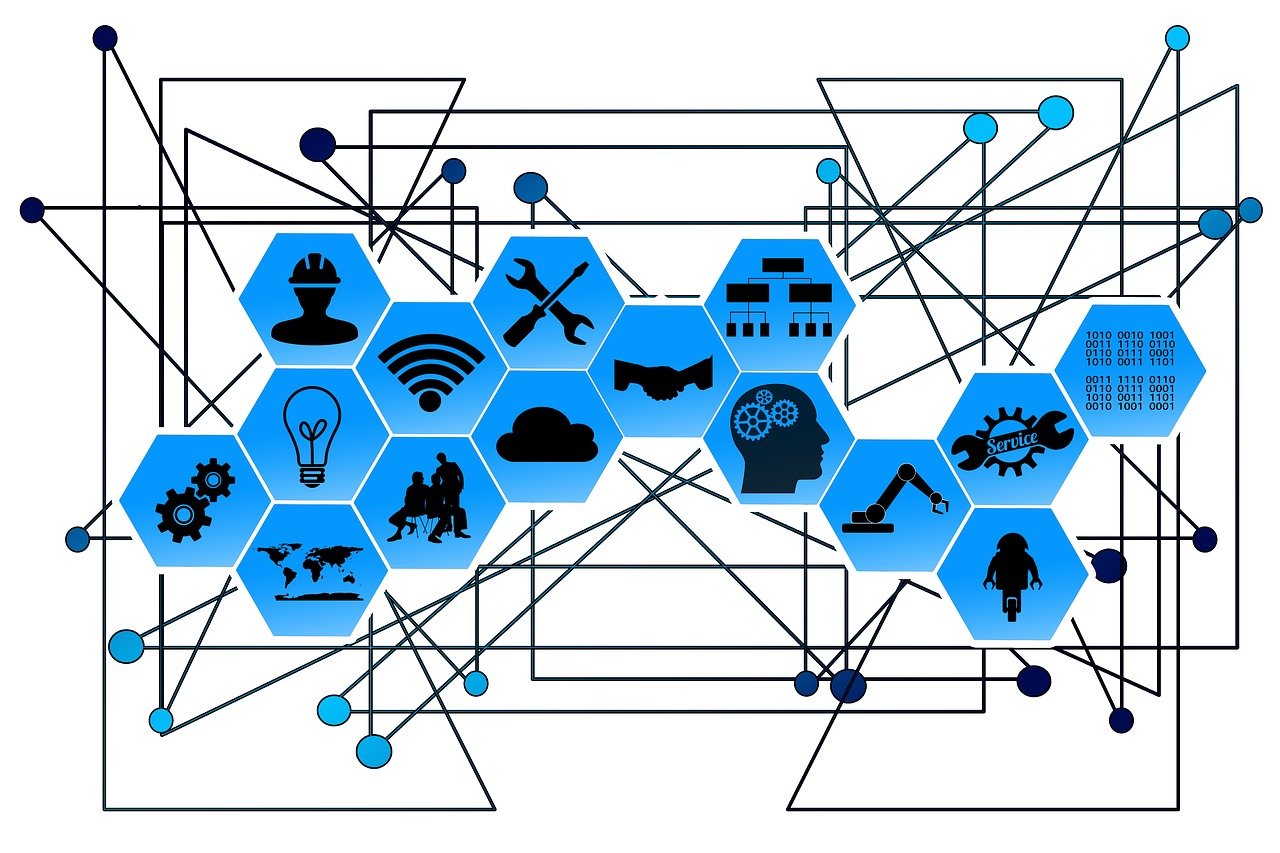6 Awesome Features of Web 3.0 That Will Change the World

Web 2.0 has revolutionized many aspects of our lives, from how we communicate with one another to how we shop for everyday items. The buzzword blockchain has been circulating around the internet as of late. It’s an undeniably exciting technology that’s only getting more popular by the day, but there are some misconceptions about what exactly blockchain is and what it can do. This article takes a look at 6 awesome features of Web 3.0 and how they will change the world over time as this new technology becomes more common to use every day.
1) Faster connection speed
Web3 puts blockchains on your computer so you can run a node locally, while only interacting with your blockchain through Ethereum’s API servers. This is a key feature because every time you visit a web page or pull information from another website, you are limited by that website’s server speeds and need to access other sites through their servers as well. With Web 3.0 on your computer, you will be able to view blockchain data directly without going through anyone else’s servers. The result is more speed and much more privacy and security when using your browser on decentralized applications like Status or CryptoKitties. One of our favorite features!
2) Revolutionary technologies
When Ethereum was first launched in 2015, it represented a giant leap forward for dApps (decentralized applications). The original release represented just a small fraction of what web 3.0 could be capable of when complete, but even that small fraction has made all previous apps look outdated by comparison. Overwhelmingly, users have been blown away by how advanced Ethereum and web 3.0 really are—making it easy to understand why many believe that these developments will revolutionize society as we know it today. Here’s what people love most about web 3.0
3) Better business connectivity
Web 3.0, however, will take it to a whole new level: literally, in fact. With an estimated 7 billion people on Earth (and counting), businesses will be forced to deal with an endless stream of orders and inquiries from consumers across the globe; moreover, they’ll have to contend with increased competition across industry lines and shrinking profit margins on every sale they make (on top of all that). Web 3.0 has been created so businesses can more easily connect with other businesses in hopes that profits don’t fall as much and customer service improves—if not now then certainly in the near future!
This is where Web 3.0 really shines: It helps smaller companies stay competitive against their larger counterparts by making business-to-business interactions easier than ever before. No longer do businesses need to hire entire departments just for information exchange or constantly pester customers for updates on their orders; instead, they can rely on Web 3.0 features like social media integration and live chat software to communicate quickly and effectively with each individual consumer.
4) Free access to information
The internet has already changed our world, but a true revolution is just around the corner: Web 3.0 will free information in a way we’ve never seen before, giving more and more people access to valuable data and analysis that was previously inaccessible or too expensive to create. In Web 3.0, everyone will have access to cutting-edge news and research from independent scholars and journalists—access that used to be available only to those with money or clout. A truly open web will help us see beyond corporate or governmental spin, making it easier for us all to learn about one another’s cultures and promote greater global understanding.
5) Better developer tools
Web developers have it pretty easy these days—or, at least they will soon enough. Web development isn’t just going to get easier, it’s going to be free and simple, with tools that come right out of your browser or phone application. The frontend is already here thanks to libraries like Angular JS and Node JS; backend is on its way thanks to web technologies like Meteor JS and Mongo DB, and other exciting developments for web app-building abound on a near daily basis. With these changes will come new challenges as well as better ways for users to communicate directly with businesses using real-time data from their personal browsers or phones via an API—giving customers instant feedback about service levels or product quality in order to help each party improve over time.
6) Open source infrastructure makes it all possible
While we’re talking about frontend and backend, one final piece of web 3.0 technology that’s critical to remember is open source software (OSS). OSS is what makes it possible for things like Git to exist, and then for their use in an open framework such as GitHub . The success or failure of a project like Web 2.0 depends on people being able to share information; Web 3.0 relies on sharing not just data but code itself.
All of these features will be integrated into our daily lives seamlessly, so we won’t even notice they’re there. But most importantly, Web 3.0 has huge implications for society at large—and especially business and commerce. It means greater transparency in how companies do business, which can help restore public trust after years of corporate scandals and malfeasance. And it means far more efficient transactions between buyers and sellers alike, thanks to smart contracts that automate payment when goods arrive at their destination or services are rendered to customers’ satisfaction. Better organization—of our own data as well as that shared with us by others (more about that below). Greater convenience in accessing real-time information about friends and colleagues, services and products, purchases and updates—even recommendations for new ones based on past actions or those of like-minded individuals around us today or elsewhere on Earth tomorrow.

I’m Ansak Mahir from Sri Lanka. Technology enthusiast from a young age. Currently an undergraduate of BSC in Software Engineering (Kingston UK) and BSC (hons) in Information Technology & Management (University of Moratuwa). I love blogging and spreading the knowledge in a unique perspective. I’m also a reputed freelancer for web design and development




